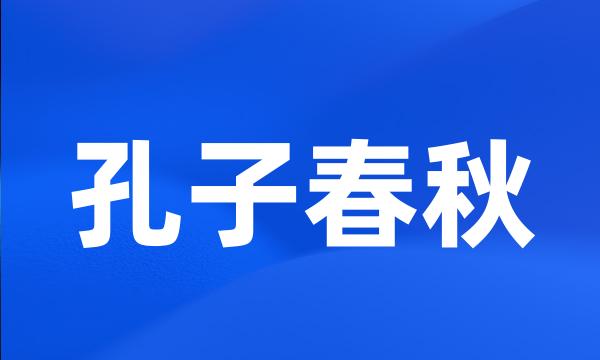孔子春秋
 孔子春秋
孔子春秋-
孔子在春秋末年还曾见过。
Confucius had seen it at the end of the spring and autumn period .
-
孔子是春秋时期的儒家音乐思想的奠基者。
Confucius was the founder of musical thoughts of Confucian School during the Spring and Autumn Period .
-
孔子是春秋知识阶层的的代表人物,其一生可以分为求学教学期、出仕求仕期以及晚年教学期三个阶段。
Confucius is the representative of shi in intellectual class , and his life can be divided into three phases : the phase of learning and teaching ; the phase of holding / pursuing an official position ; the phase of teaching in his later years .
-
孔子是中国春秋末期的大思想家和教育家。
Confucius was a great thinker and educationist in late Spring and Autun Period .
-
孔子在撰写春秋一书时,对卫灵公这段历史中的许多疑点,感到困惑不解。
When Confucius wrote the book " Spring and Autumn ", he had some doubts about the history of Duke Spirit of Wei .
-
清代学者皮锡瑞认为,孔子的《春秋》不是历史学著作,而是一部蕴涵作者丰富政治思想的政治学著作。
Pi Xi-rui , a JinWen sutra scholar in the Qing Dynasty , held that ChunQiu was a political work , rather than a history work .
-
作为早期儒学的孔子儒学是春秋时期官学零落、学术资源散落于民间的结果。
Confucian Confucianism , as part of the early Confucianism , is the consequence of decayed official study in the ancient Spring and Autumn period ( 770BC - 476BC ) and the scattering of the academic resources among the folk .
-
孔子是我国春秋时期的思想家、社会哲学家。
Confucius was a Chinese thinker and social philosopher of the Spring and Autumn Period .
